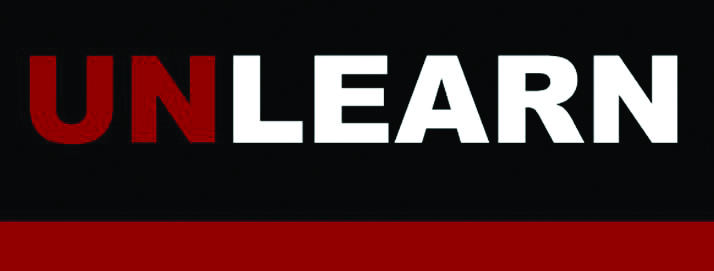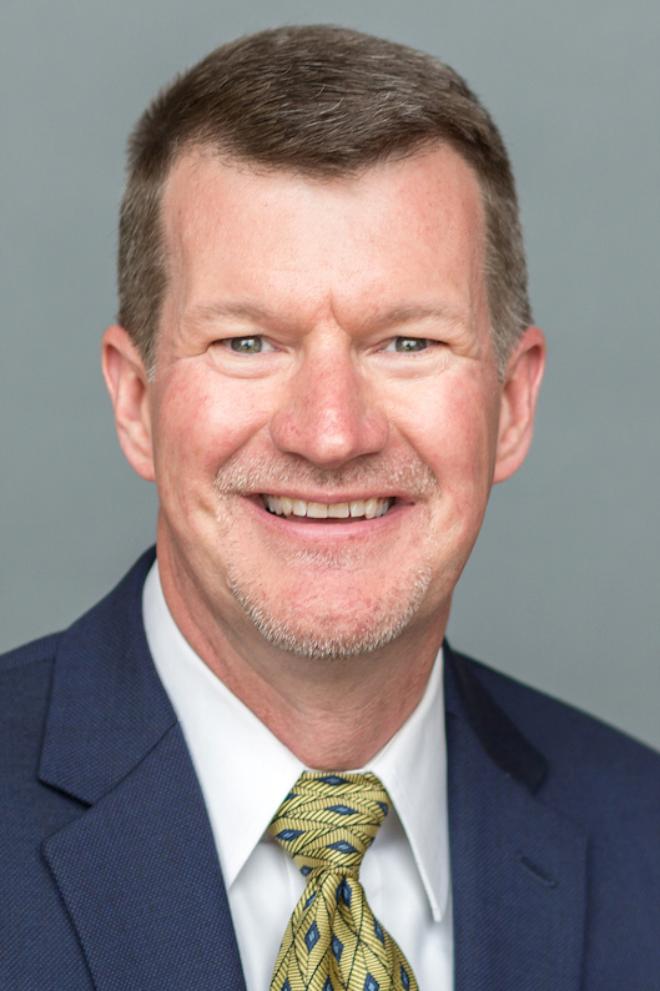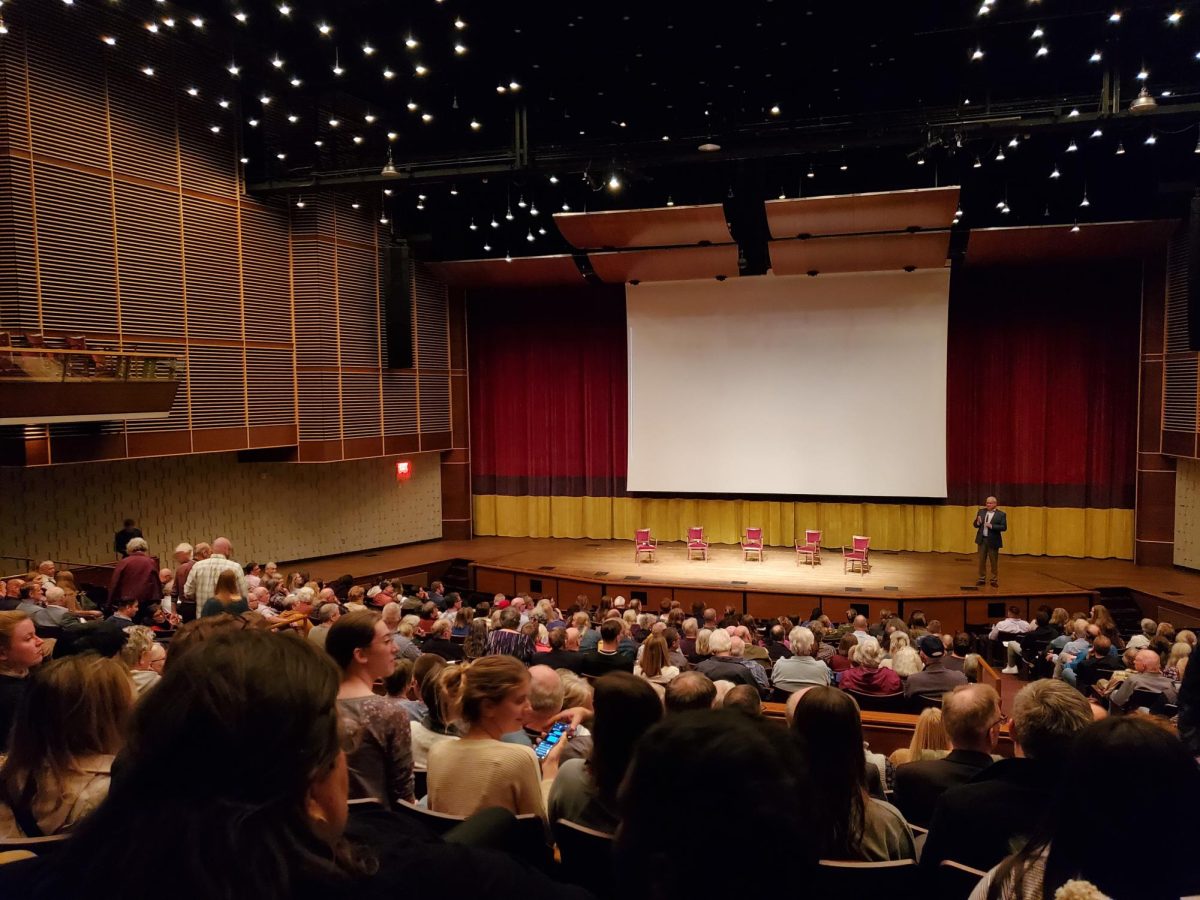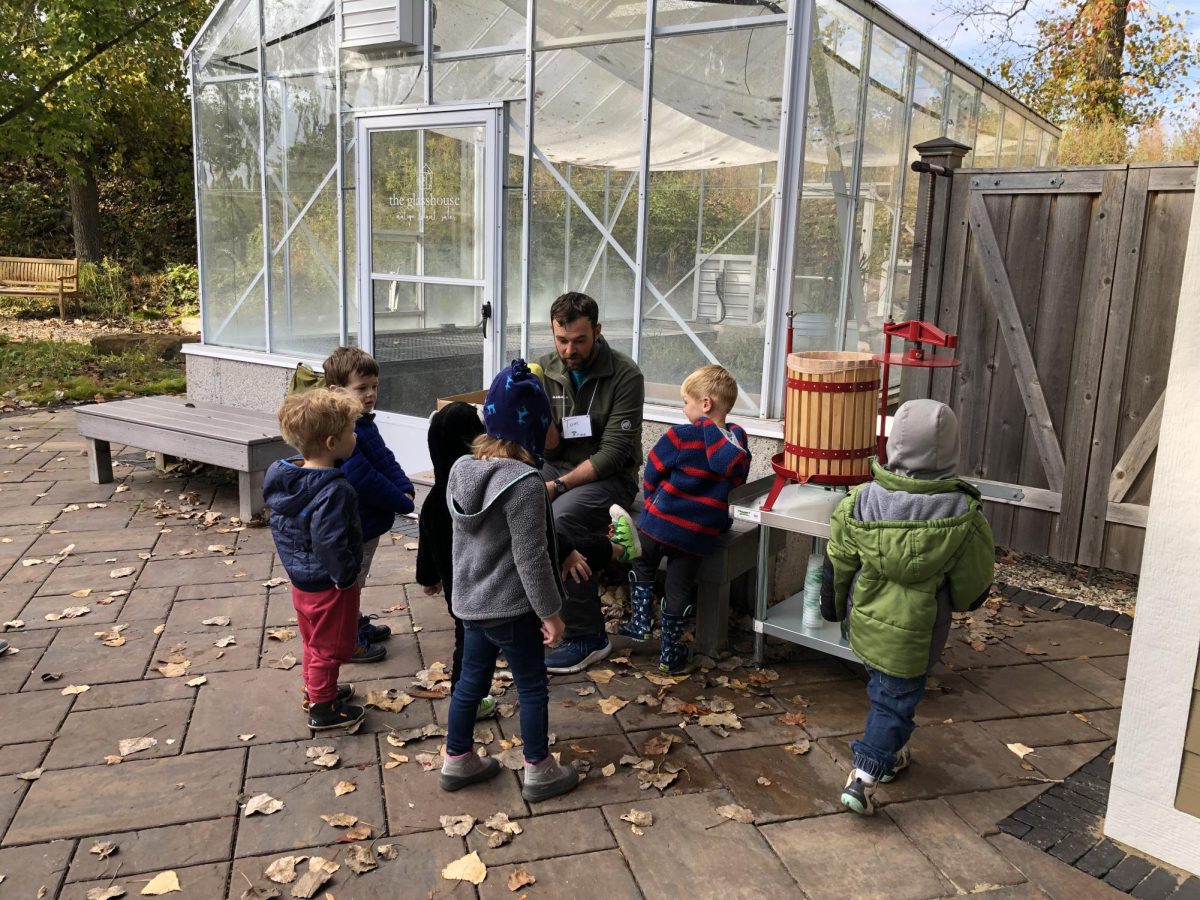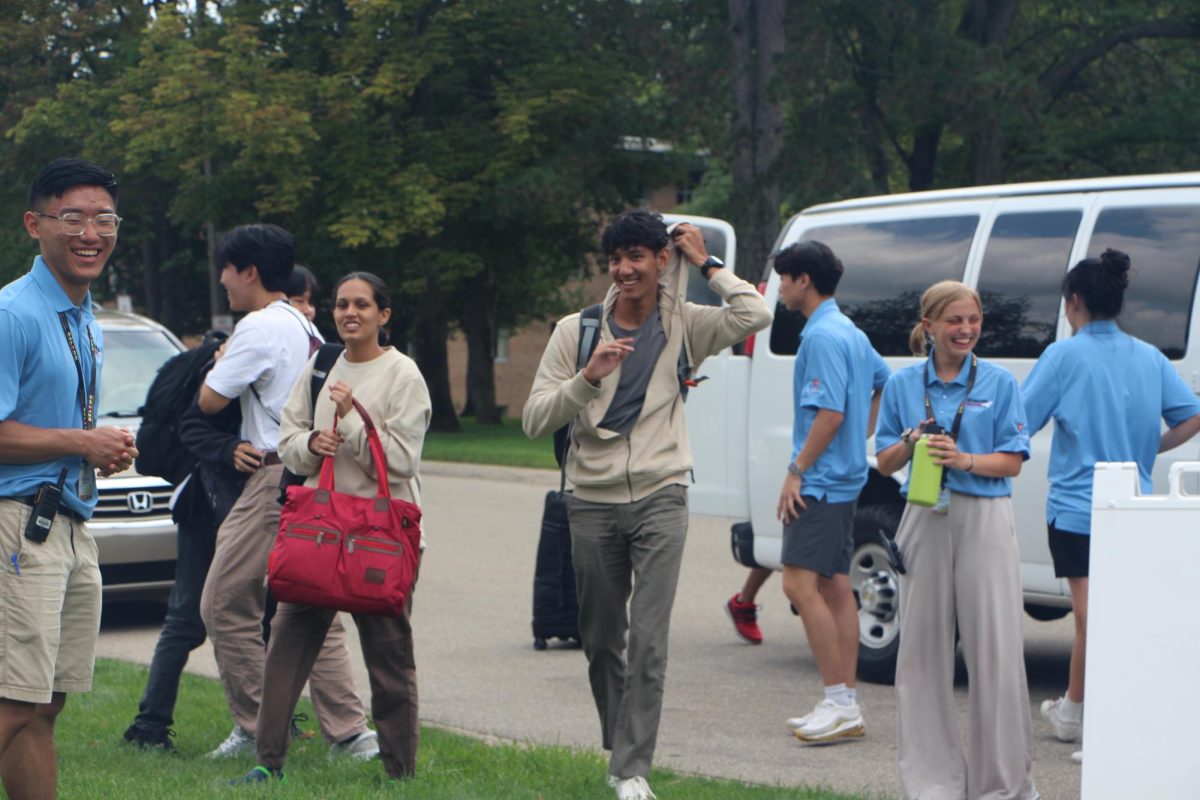It’s my final year at Calvin, but my first year going to an UnLearn Week event.
I’ve been on campus every fall. I read Student News every day (seriously). Absence and ignorance are not excuses I can make.
Yet I have never paid much attention to UnLearn Week. Yes, I know it matters. Yes, I care about issues of race and injustice that occur not only on an international scale but also on our own campus. But I’ve never actively pursued those discussions, never felt the need to add my voice to what can feel like an already exhausted conversation: yes, racism is still a major issue in this country. Yes, it is ingrained in the fabric of our society. And yes, I often feel uncomfortable talking about these things because I’m white and don’t know if I’m supposed to feel guilty about being systematically favored in our culture.
But even though I haven’t sought out these opportunities to discuss such problems, they have still come up time and time again: studying Toni Morrison’s “Beloved” in literature class, reading “Black Skin, White Masks” by Frantz Fanon in philosophy, watching Tim Wise’s new documentary “White Like Me” in my film lab. All of these things have kept the topic of race fresh in my mind even when I have chosen not to engage with opportunities like UnLearn Week.
But after attending the “Enough Already” panel discussion this week, I get why I need to put in the effort.
It’s not just about helping those without power or privilege. It’s not about apologizing for inconsiderate ancestors.
It’s about reconciliation. This is the work we are called to, and none of us are exempt from that calling. Extricating racism from our institutions is not an option we choose from the “possible good works” column; it is imperative to living as Christ instructed us to live. This starts with honest conversations about race and recognizing our need to rely on God as our source of wisdom and grace.



